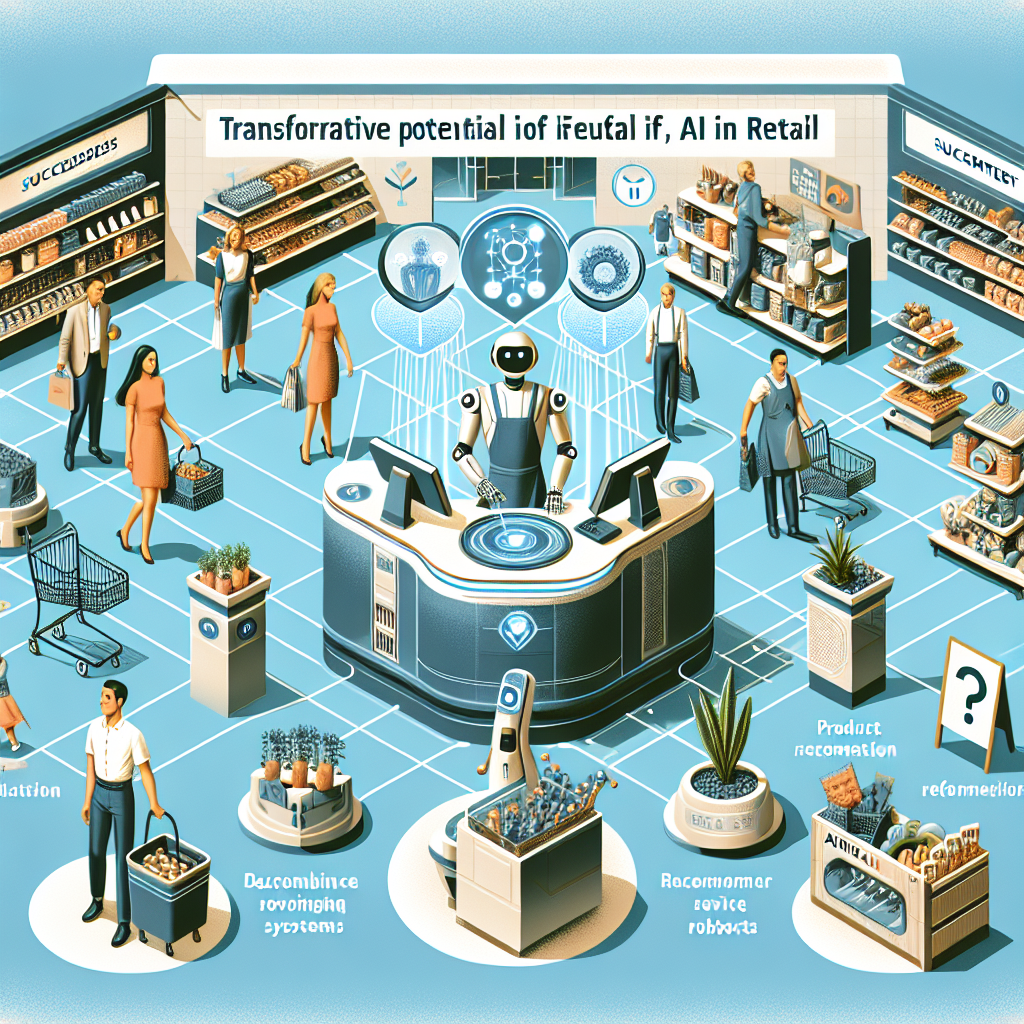Scaling AI Operations: A Comprehensive Guide to Kubeflow

```html
In the rapidly evolving world of artificial intelligence, managing and deploying large-scale machine learning models can be a daunting task. Enter Kubeflow, an open-source platform built for deploying, orchestrating, and operating machine learning workflows on Kubernetes. In this blog post, we will delve into the technical details of Kubeflow, its key components, and its applications, along with some real-world success stories and lessons learned that can guide you in effectively leveraging this powerful tool.
1. What is Kubeflow?
Kubeflow is an open-source platform designed to help data scientists and engineers manage the entire machine learning lifecycle using Kubernetes. It provides a consistent, portable, and scalable way to deploy machine learning models, making it easier to build and operate production-ready ML pipelines.
Technical Details:
- Kubernetes Integration: Kubeflow leverages Kubernetes to provide a scalable and flexible infrastructure for machine learning workflows.
- Multi-language Support: Supports multiple programming languages, including Python, R, and SQL, making it versatile for diverse ML tasks.
- End-to-End Pipelines: Facilitates the orchestration of end-to-end ML workflows, from data preprocessing to model training and deployment.
2. Key Components of Kubeflow
Kubeflow includes several essential components that aid in building and managing ML workflows:
Technical Details:
- Kubeflow Pipelines: Allows you to define, schedule, and monitor machine learning workflows as pipelines.
- Jupyter Notebooks: Provides integrated Jupyter Notebooks for interactive development and experimentation.
- Katib: A hyperparameter tuning framework that automates the search for optimal hyperparameters.
- KFServing: Enables the serving of machine learning models for inference purposes, supporting multi-framework models.
- TFJob: Facilitates distributed training of TensorFlow models on Kubernetes clusters.
- Argo Workflows: A container-native workflow engine for orchestrating parallel jobs on Kubeflow.
3. Real-World Applications
Kubeflow is utilized across various industries to streamline and scale machine learning operations:
- Healthcare: Used for large-scale genomic data analysis and predictive analytics in healthcare systems.
- Finance: Powers fraud detection systems by deploying and managing complex ML models in real-time.
- Retail: Enhances recommendation engines and optimizes supply chain management through scalable ML pipelines.
- Telecom: Improves network optimization and predictive maintenance by managing large volumes of data and ML models.
4. Success Stories
Kubeflow has been instrumental in numerous successful AI implementations:
- Spotify: Leveraged Kubeflow to streamline its ML workflows, enabling faster and more efficient music recommendation model deployment.
- Chick-fil-A: Improved its demand forecasting models using Kubeflow, resulting in optimized stock levels and reduced waste.
5. Lessons Learned and Best Practices
Implementing Kubeflow in production environments comes with several important lessons and best practices:
- Infrastructure Readiness: Ensure your Kubernetes cluster is well-configured and optimized to handle Kubeflow workloads effectively.
- Pipeline Modularity: Design pipelines in a modular fashion to allow for easy scaling, maintenance, and troubleshooting.
- Automation: Automate repetitive tasks such as data preprocessing, model training, and deployment to reduce manual effort and errors.
- Monitoring and Logging: Implement robust monitoring and logging mechanisms to track the performance and health of ML models in production.
- Collaboration: Foster collaboration between data scientists, engineers, and operations teams to ensure smooth integration and deployment of ML models.
Conclusion
Kubeflow is a versatile and powerful platform that simplifies the deployment and management of machine learning workflows on Kubernetes. By understanding its technical intricacies and following best practices, you can streamline your ML lifecycle, from development to deployment, and harness the full potential of your AI initiatives. Whether you are working in healthcare, finance, retail, or telecom, Kubeflow can help you scale your machine learning operations efficiently and effectively.
```



